An SMB Guide to Complying with the Latest Data Breach Laws
Tuesday, August 30, 2022

Are you ready to conquer the data breach law maze? Discover how to keep your small business compliant, protect your customers' personal information, and turn trust into your ultimate superpower!
As a small business owner, you're probably aware of how important data privacy and security are to your customers and your company's reputation. With data breach laws and regulations continuously evolving, it's crucial to stay informed and ensure your business is compliant. This guide will help you understand the current landscape of data breach laws and provide you with the tools and knowledge needed to stay ahead of the game.
Understanding Data Breach Laws and Regulations
General Data Protection Regulation (GDPR) – European Union
The GDPR is a comprehensive data protection law that applies to businesses operating within the European Union. It sets strict guidelines for collecting, processing, and storing personal data and requires businesses to have a legal basis for processing this data. Even if your small business isn't based in the EU, if you have customers there, it's essential to comply with GDPR requirements.
California Consumer Privacy Act (CCPA) – United States
The CCPA is a state-level data privacy law that grants California residents specific rights regarding their personal information. Businesses that collect, process, or sell personal data of California residents must comply with the CCPA, regardless of where the business is located.
Other State-Specific or Industry-Specific Regulations
In addition to the GDPR and CCPA, there are numerous other state-specific and industry-specific data privacy regulations your business may need to comply with, depending on your location and industry.
The Role of the Federal Trade Commission (FTC) in Enforcing Data Breach Laws
The FTC plays a significant role in enforcing data breach laws in the United States. They have the authority to investigate and penalize businesses that fail to comply with data privacy regulations.
Key Elements of Data Breach Compliance
Data Inventory and Mapping
To ensure compliance, it's essential to know what personal information your business collects, processes, and stores. This includes identifying all data types, storage locations, and data access controls.
Privacy Policy and Transparency
Your business must have a clear and accessible privacy policy that informs customers how their personal information is collected, processed, and stored.
Data Access and Control
Implement policies and procedures that restrict employee access to personal information based on their job function. This helps maintain data security and reduces the risk of unauthorized access.
Data Security Measures
Implement robust security measures to protect personal information, such as encryption and secure storage solutions.
Breach Notification Requirements
If a data breach occurs, businesses must comply with the breach notification requirements outlined in the applicable data privacy laws. This often includes notifying affected individuals and regulatory authorities within a specific time frame.
Best Practices for Small Businesses to Stay Compliant
Regularly update and review privacy policies.
Implement strong data security measures.
Train employees on data privacy and security.
Work with legal counsel or a data privacy expert to ensure compliance with all applicable laws.
Conduct regular data privacy audits and assessments.
How to Respond to a Data Breach
Assemble a Data Breach Response Team
When a data breach occurs, assemble a team of experts from various departments within your organization. This team will help you identify the scope and impact of the breach and develop a response plan.
Identify the Scope and Impact of the Breach
Determine the extent of the data breach, including the types of personal information compromised and the number of affected individuals.
Notify Affected Parties and Relevant Authorities
Notify all affected parties and relevant regulatory authorities as required by the applicable data privacy laws.
Mitigate the Breach and Prevent Future Incidents
Implement measures to mitigate the breach, such as securing compromised systems and changing access credentials. Additionally, review and update your data privacy and security policies to prevent future breaches.
Learn from the Breach and Implement Necessary Changes
After addressing the breach, analyze the incident to determine any weaknesses in your data privacy and security policies. Implement changes as needed to strengthen your security measures.
Wrapping Up
Proactive compliance with data breach laws is essential for small businesses to protect customer information and maintain trust. Stay informed about the latest data breach laws and regulations, and invest in data privacy and security measures. By doing so, you'll not only ensure your business is compliant, but also safeguard your customers and your company's reputation. Stay ahead of the game, and your business will thrive in today's increasingly data-driven world.













